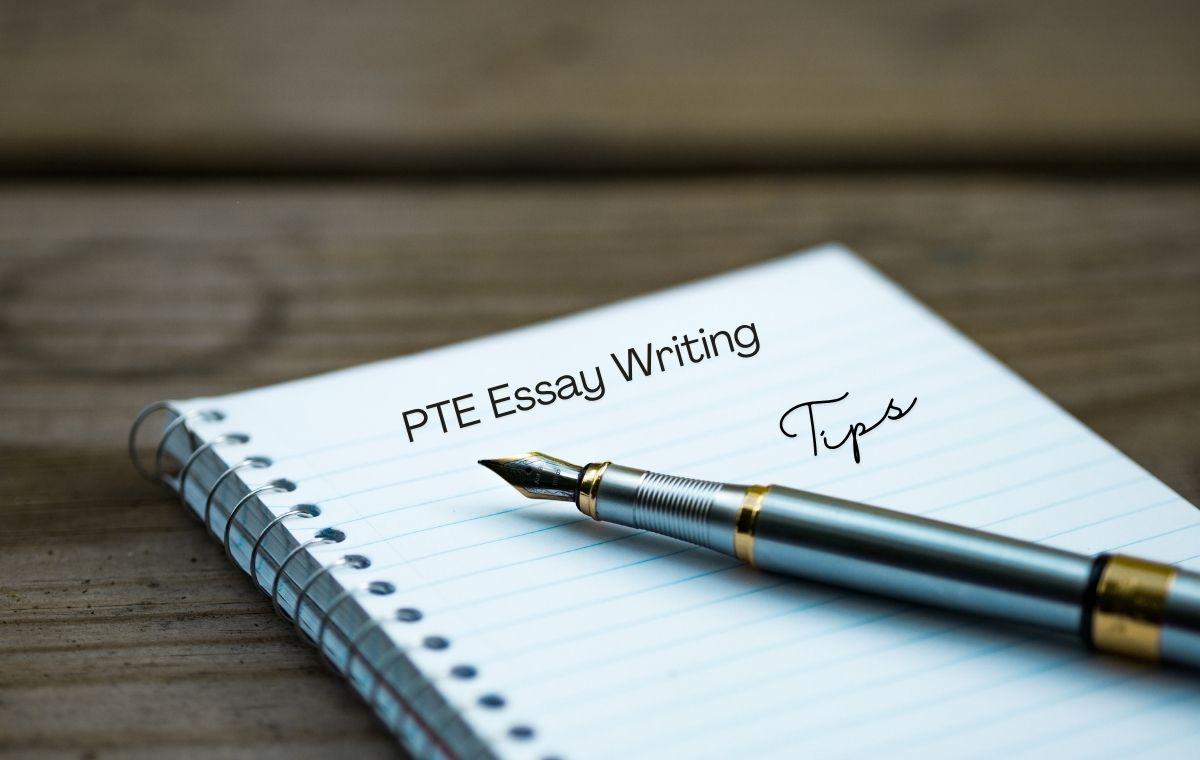If you are aiming to study in an English-speaking country, passing PTE exam is a important step. This computer-based assessment tests your reading, listening, speaking, and writing skills, particularly focusing on your ability to communicate effectively in an academic setting. Of these, writing section – particularly written discourse – can be a challenging area.. In this blog, we will explore five proven strategies to help you improve your score in PTE written discourse.
Understanding PTE Written Discourse
Before starting into improvement strategies, it is essential to understand what PTE written discourse involves. This section assesses your ability to structure your essay logically, maintain coherence, and use a wide range of vocabulary and sentence structures. In short, it tests your skill in presenting ideas in a clear, organized, and linguistically rich manner.
Understanding of the essay topic
One of the most common mistakes test takers make is writing in haste without fully understanding the essay topic. Before you start typing, take a few moments to understand the prompt thoroughly. What is it asking? What are the main points you need to address? By clarifying these questions, you can avoid straying off topic or missing essential aspects of the discussion.
Once you understand the topic, create a quick outline. This outline should include the introduction, body paragraphs, and conclusion. Organizing your thoughts beforehand ensures that your essay will be coherent and well-structured.
Even if you have a clear understanding of the topic, poor sentence structure and punctuation can significantly lower your score. In PTE exam, complex and compound sentences that are grammatically correct score more points. This does not mean you should make your sentences overly complex, but rather you should aim for a mix of sentence types—simple, compound, and complex—to show your language proficiency.
Additionally, punctuation plays a vital role in written discourse. A misplaced comma or a missed period can change the meaning of your sentences and make your writing difficult to understand. Regular practice with PTE mock tests, especially those that give feedback on sentence structure and punctuation, can help you identify and improve these issues.
Maintain the right tone
The tone of essay should be formal and academic. Avoid colloquialisms, slang, or overly informal language. Instead, focus on using precise and sophisticated vocabulary that expresses your ideas precisely. This does not mean you need to use overly complex words, but rather you should choose words that are appropriate for the academic context.
Improving your vocabulary is something you can work on gradually by reading academic articles, practicing with free resources from PTE online courses, and incorporating new words into your writing. As you expand your vocabulary, you will find it easier to express your ideas clearly and effectively, which is crucial for a high score in the Written Discourse section.
Review and Revision
After completing your essay, it is important to review it before submitting it. Finishing quickly without making revisions can leave overlooked errors that can lose you valuable marks. Use this time to check for grammatical mistakes, awkward phrasing, and any gaps in logic. Make sure your essay directly answers the prompt and that all your points are well-supported.
Also, revision is not just about fixing errors; it is also about improving the overall quality of your writing. Consider whether you have used a varied vocabulary, maintained a formal tone, and structured your essay logically. PTE mock test options available online can be an excellent tool for practicing this review process under timed conditions.






